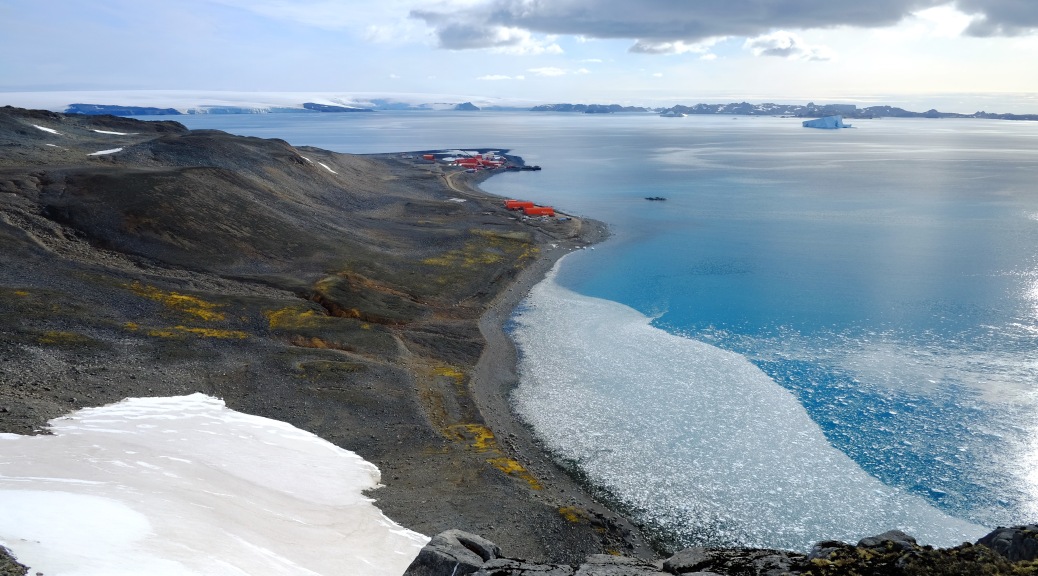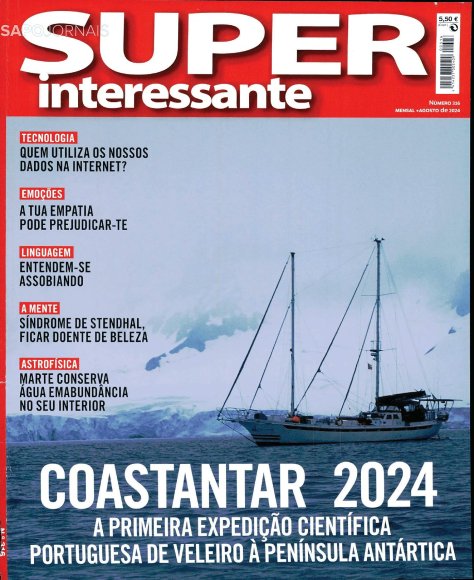Em 2025, a Universidade de Lisboa promove a terceira edição da competição 3MT, desafiando os seus estudantes de Doutoramento a explicar o impacto da sua investigação a um público não especializado, em apenas três minutos e recorrendo a um único diapositivo. As candidaturas estão abertas de 3 a 16 de fevereiro de 2025.
A competição 3 Minutos de Tese – ULisboa 2025 tem candidaturas abertas até 16 de fevereiro!
A quem se destina?
São elegíveis para a Competição 3MT todos os estudantes de Doutoramento inscritos no 3.º ou 4.º anos de um 3.º ciclo de estudos da Universidade de Lisboa. O desafio será explicar o impacto da sua investigação a um público não especializado, em apenas três minutos e recorrendo a um único diapositivo.
Quais são os prémios?
1.º classificado – 5.000,00 €
2.º classificado – 2.000,00 €
3.º classificado – 1.000,00 €
Os candidatos na Fase 1 receberão uma Formação em Comunicação de Ciência e um certificado de participação. Aos finalistas da Fase 2 e aos premiados serão ainda atribuídos diplomas de reconhecimento de mérito.
A competição académica 3MT na Universidade de Lisboa destina-se a desenvolver competências únicas dos estudantes de Doutoramento, como comunicar ideias complexas de forma simples e com criatividade, para públicos diversos, em apenas 3 minutos. A competição é inspirada num formato desenvolvido e patenteado pela Universidade de Queensland, Austrália (3MT®), sobre o qual a ULisboa desenvolveu a sua primeira edição em 2023, premiando 3 estudantes, e a segunda edição em 2024, premiando também 3 estudantes de Doutoramento.
Datas Importantes
Candidaturas – 3 a 16 de fevereiro de 2025
Formação em Comunicação de Ciência (para os candidatos da Competição) – 24 e 25 de fevereiro de 2025
Submissão de vídeos – 26 de fevereiro a 21 de março de 2025






